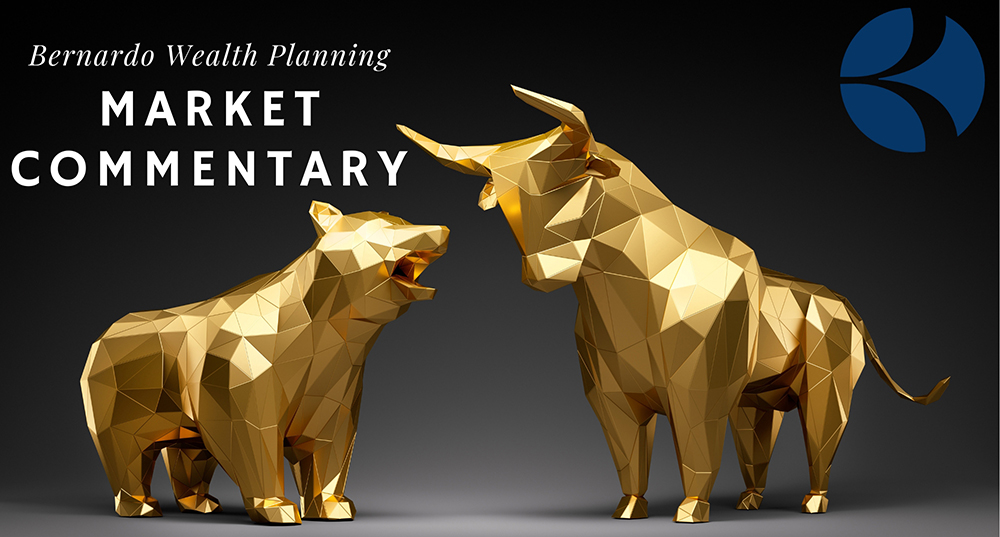Recent economic sentiment has become more cautious as the consumer outlook dims, reflecting growing concerns about inflation, potential job losses, and reduced corporate spending. Despite these market worries, the underlying data suggests that the economy is not yet showing signs of a pronounced slowdown, with personal spending continuing to rise modestly and unemployment remaining stable. We believe that the longer this uncertainty persists, the greater the chance of dampening both consumer and business confidence, which will eventually be reflected in the underlying economic data. As a result, we anticipate that with Q1 earnings season around the corner, volatility will remain as we gain our first insights into how trade policy rhetoric has been impacting consumers, businesses, and their respective outlooks.
Looking ahead, we believe it is important to keep these risks in mind. Many economists have warned about the possibility of a stagflation scenario developing, with muted growth and higher inflation driven primarily by the ever-changing trade policy. Despite differences in valuations, we prefer large-cap stocks over small- and mid-cap stocks in the current environment with the rationale that we believe large-cap companies are likely to be better capitalized and have more levers to utilize during uncertain times. In summary, while we face some short-term uncertain, we remain confident that opportunities will arise for those prepared to navigate through these fluctuations for the longer term.
Information in this commentary is gleaned from third-party sources, and while believed to be reliable, is not independently verified. This content is not intended to be tax, legal, investment, or fiduciary advice. It has been prepared without regard to the individual financial circumstances and objectives of persons who receive it. The strategies and/or investments discussed in this material may not be suitable for all investors. Bernardo Wealth Planning recommends that investors independently evaluate particular investments and strategies, and encourages investors to seek the advice of a financial advisor. Past performance does not guarantee future results.
